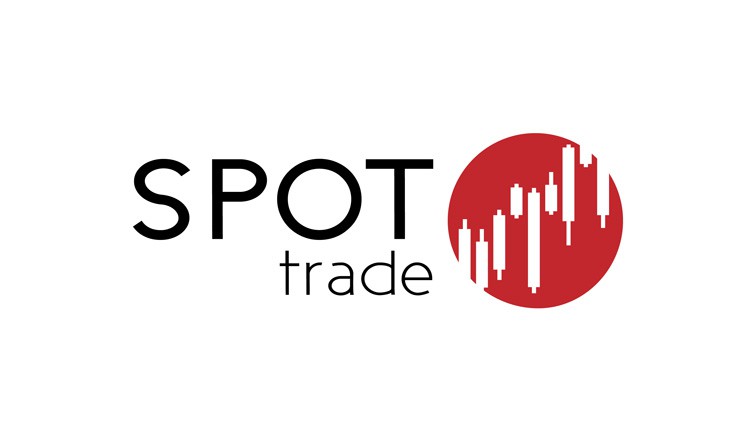Key Concepts and Terminology in Spot Trading
Learn essential cryptocurrency terms and concepts for spot trading, including blockchain, Bitcoin, Ethereum, wallets, tokens, smart contracts, and market strategies. Start trading confidently today!
 Spot trading involves buying and selling digital assets immediately at the current market price. To navigate this market effectively, it’s essential to understand the key concepts and terminology in the world of cryptocurrency.
Spot trading involves buying and selling digital assets immediately at the current market price. To navigate this market effectively, it’s essential to understand the key concepts and terminology in the world of cryptocurrency.
Blockchain is a distributed ledger technology that records all cryptocurrency transactions in chronological order, ensuring transparency and security. Bitcoin (BTC) is the first decentralized digital currency, created in 2009. Ethereum (ETH), the second-largest blockchain platform by market capitalization, enables smart contracts and decentralized applications (DApps).

Cryptocurrency refers to digital assets secured by cryptography and operating independently of centralized authorities. Digital assets, on the other hand, encompass any asset in digital form, including cryptocurrencies, digital art, and virtual real estate. These assets can be traded or transferred digitally, with ownership typically recorded on a blockchain or other distributed ledger technology.
To manage cryptocurrencies, users rely on a wallet, a software tool for secure storage, alongside a unique address to send and receive assets. A public key allows users to receive funds, while a private key must be kept confidential to protect the assets.
Other important terms include mining, the process of creating new blocks and verifying transactions, hash, a mathematical function that secures the blockchain, altcoins, which are any cryptocurrencies other than Bitcoin, and tokens, digital assets representing ownership, utility, or assets on a blockchain.
Nodes are computers on the blockchain network that process and validate transactions. A decentralized system distributes control across a network of users instead of relying on a single entity such as a bank or government. Smart contracts are self-executing agreements, while DApps are applications built on a decentralized network using smart contracts.
Popular funding methods and investment strategies include ICOs (Initial Coin Offerings), which raise funds for blockchain projects, HODL, a long-term holding strategy, and FOMO, the fear of missing out on potential profits. Investors often evaluate markets using market capitalization, the total value of a cryptocurrency, and price volatility, a measure of price fluctuations.
Regulatory requirements like KYC (Know Your Customer) and AML (Anti-Money Laundering) require exchanges to verify customer identities and monitor suspicious transactions to ensure financial safety. Finally, trading accounts store digital assets and may include funding accounts, trading accounts, and growth accounts.
For more insights on crypto investing and exchange trends, visit [link here].
Disclaimer
This article is intended for informational purposes and does not constitute financial advice. Cryptocurrencies are subject to high market risk and volatility despite high growth potential. Users are strongly advised to do their research as they invest at their own risk. Thank you for supporting BITGP!
Ready to Start?
Register your BITGP account today and join Vietnam’s fastest-growing crypto community.
Follow us on Twitter and Telegram for campaign updates, airdrops, and industry insights.
🌐 Visit bitgp.com to learn more.

